I was already in my sixties when I first began to write my memoir The Coconut Latitudes. The last of my closest family members had died and I was just beginning to consider (and worry about) my own mind failing me as I aged, and whether our family story would die with me. I couldn’t explain the sudden need to write, other than I didn’t want the story of how my parents had lived to be erased, to be of no consequence.
Our family had embarked on an extraordinary journey as expatriates as coconut farmers on a Caribbean island rife with political unrest in 1946, just after I was born. They’d quit their life in New York State (my father was an engineer; my mother a teacher) and hauled their two daughters (a newborn, the other age 4) to begin a new life in a remote fishing community in the Dominican Republic where no one spoke English. No electricity. Sporadic running water. My parents started a coconut farm, and we daughters were home-schooled via correspondence courses.
When I finally came to live in the United States as a senior in high school, I felt like an alien. I had no clear sense of belonging, straddling two cultures and yet not quite at home in either. An avid reader since childhood, I delighted in finding books that struck a familiar chord in my soul. A few of these narratives were my first introduction into lives I could relate to, and while they didn’t directly inspire me to write, they were important steppingstones. Paul Theroux’s well-known novel The Mosquito Coast, while fiction, depicts an American family much like my own.
The main character is a patriarch determined to abandon a too-rapidly evolving society of consumerism by hauling his hapless family to a supposedly simpler life in a Central American jungle (and failing spectacularly.) Reading it shook me to my core. I felt the pain and confusion of the children who were at the mercy of a brilliant, yet erratic father far away from civilized society. I still have the tattered and much-read copy of that book. Somehow it gave me permission to one day tell my own story – even if “one day” was many decades later.
While there was much familial trauma growing up, there was also persistence and commitment to an extraordinary, and some might say, strange life. And now, as the final holder of our history, the idea of revealing a Pandora’s box of secrets that had been hidden for decades was the scariest thing I could imagine. Even though those circumstances felt paralyzing, the desire to write became larger than the fear that held me back. And so I began. Even though I felt ¬¬too old (and scared), I took a writing workshop at a local bookstore and met other like-minded souls. also committed to and flummoxed about how to start their projects. We banded together, met regularly, critiqued gently, and most of all, we began to trust each other with our words. We all shared difficult moments, sometimes crying as we read, and our stories began to take shape.
I had to start small – just writing down bits of memories. Those disparate pieces eventually wove themselves into a narrative. I figured no one else besides the writing group would ever need to see my words. It was just important to get them out of my head and into physical form so I had tangible evidence of the life my family had lived. I struggled with unveiling certain secrets but that didn’t mean I couldn’t write. It might be a very long passage, but time wasn’t what mattered. What counted was trusting I could finally take the first hesitant steps into uncharted territory.
A lot of effort ensued and years passed. But eventually, at age 69, I was a published and award-winning author. I had no idea what awaited me after publication, but the best gift of all was a precious and unexpected connection with a nephew I’d never known existed. That alone was worth all the soul-searching, and finally, the willingness to share my story. Now in my late 70s, I still have much to learn about writing and revealing truths. On some level, it has brought me home to myself. I learned everyone’s stories can color their past, shape their present, and sometimes foretell their future. All stories matter, and writing is a courageous act. Mary Oliver’s poem The Journey is a stunning testament to taking action. It starts: “One day you finally knew / what you had do…and began…” Her poem reminds us of the monumental changes that can occur when we move beyond our fears into commitment to do “that one thing” we can actually do.
And that “doing” was a beginning, not an end. In my seventies, just days before the COVID pandemic isolated everyone, I worked with a professional recording studio and narrated a new audio version of the memoir. In 2023, The Coconut Latitudes gained a new life by being published in Spanish with the title Una Niñez Entre Palmeras and I was invited to be a presenter at the International Book Fair in Santo Domingo, Dominican Republic. And I’ve just learned that version is a finalist in the 2024 International Latino Book Awards.
I don’t know what’s next, but my wish for those who yearn to tell their stories is to surrender to the quest. Everyone’s path is different but the journey is worth taking, and one with untold surprises ahead. You are never too old, and you just might find your own way home.
Rita M. Gardner grew up in the Dominican Republic during a repressive dictatorship. Her award-winning memoir The Coconut Latitudes chronicles that experience. A Spanish-language version of the book was published in 2023 and is a finalist in an upcoming international book awards event in fall 2024. Her published essays, articles and photographs have appeared in anthologies, literary journals and travel magazines. Rita lives in the San Francisco Bay Area, and also enjoys hiking, art, and travel. Her favorite colors are the myriad hues of the Caribbean Sea. Website: www.ritamgardner.com. Email: [email protected].

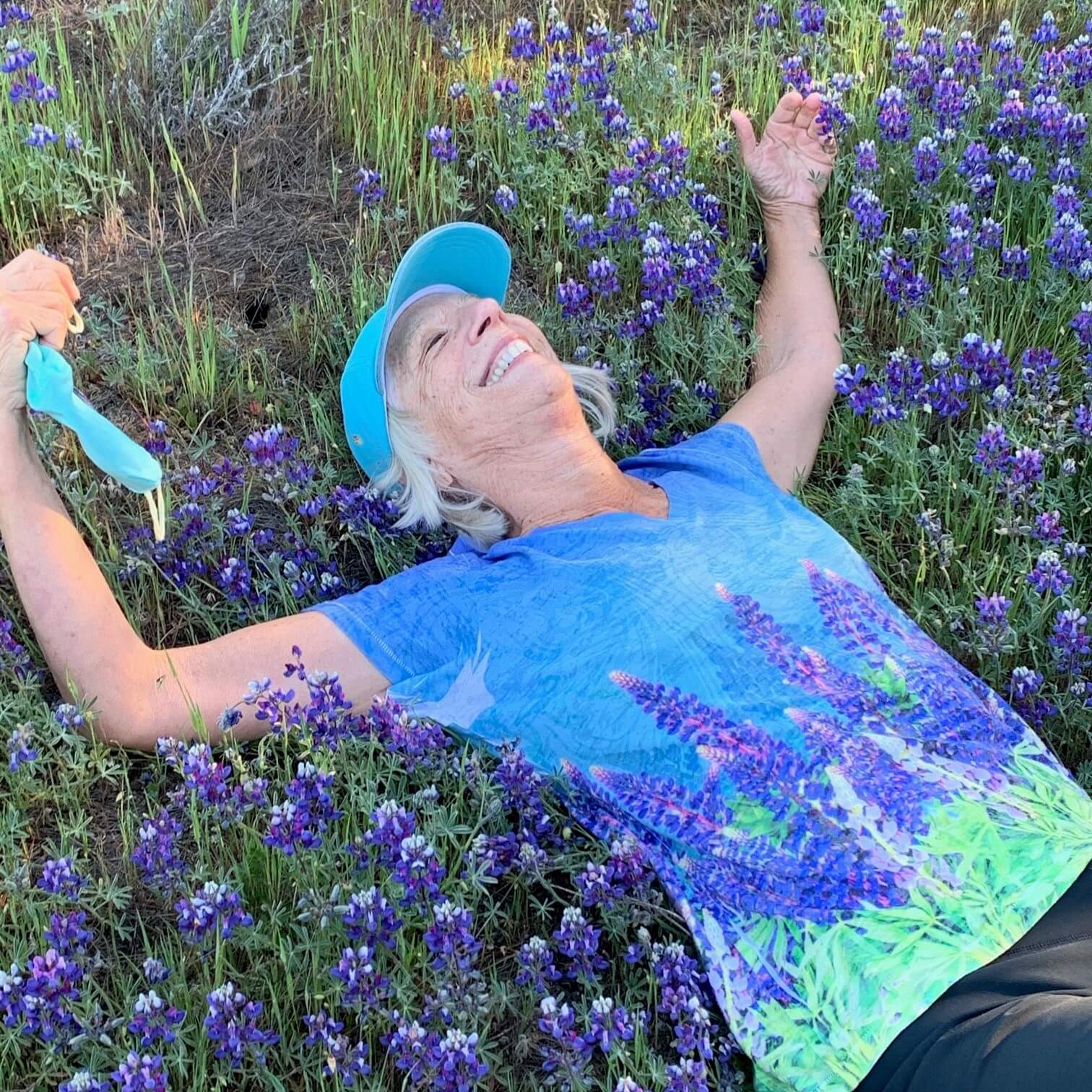
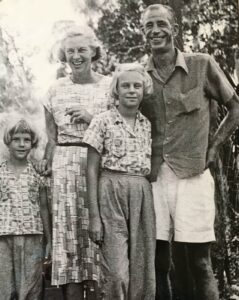
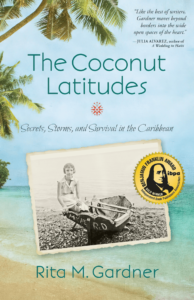
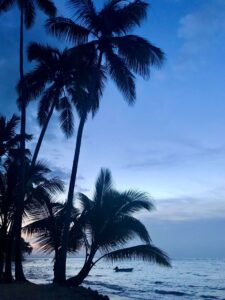
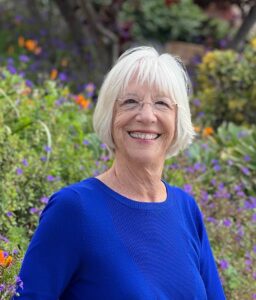
Makes me want to read your book!
Thank you, Ruth! Rita
It’s excellent!!
Thank you for sharing this. I know about your art, hiking and that you are a published author. Love seeing it in print!
Felicidades Rita! Great article! And great encouragement for us. As someone else said…time for me to go back and read The Coconut Latitudes again. Thanks.
Now I want to read the book again! I loved it. And congratulations on the additional success of the Spanish language version!
Rita, you are an inspiration to us all! Every time I take a hike I think of your Caribbean gate to pace my hikes! Thanks for sharing your story!